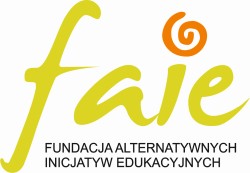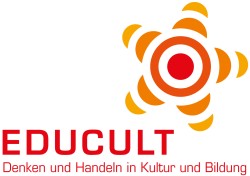9. How can I improve my competences to be engaged in international cooperation?
9.1 Mentoring services
To share the experience from more experienced project managers to first-time PM and enhance the most the know-how, the practice of mentoring is extremely useful and used. Thanks to an effective mentoring, the mentor can teach all its knowledge and experience to their "pupil" (or mentee), promoting their inclusion, professional growth and personal maturation.
What is mentoring?
a. Mentoring is a work-based training intervention where mentor and mentee work one-on-one to contribute to the knowledge enhancement of the mentee, to improve his/her professional skills but also attitudes and behaviour (mentor may provide also emotional and social help).
b. Mentoring can be face-to-face but may happen also over other communication channels (i.e. e-mentoring). In any case it is based on trust.
c. Mentoring can be both a formal (structure mentoring programme and roles) and informal process (an arrangement between two persons in a company).
d. Mentoring differs from coaching in the following characteristics:
- mentoring is a longer term relationship
- mentoring has a wider focus, coaching focuses usually on specific issues
- mentoring can include focus on personal and career development, while coaching is focused mainly on performance.
9.2 How can I improve my English language skills
English skills in listening, speaking, writing, and reading is needed to take part in European project activities, where the common language will be English (except some rare cases where France will be the shared language). Furthermore, a functional English in in real-life situations of international project management context will be an advantage.
A possible way to improve your English language skills is to apply for and get Erasmus+ mobility grants to cover the course fee, travel and accommodation costs for your participation in some of the many English 1 – 4 week courses that is offered in UK as well as many other EU countries.
Be aware that some national Erasmus+ Agencies mainly support standard English courses for English teachers, while staff in civil society associations must give an extra reason for getting support for English courses, such as improving the functional English required to perform a specific function as project manager in European cooperation projects, where a specific professional terminology and a particular form of technical English can be helpful to learn. IF you cannot find an English course on this specific functional English, you may get an agreement with an English course provider that can prepare and confirm they can offer an one one-to-one tuition or individual course programme.
9.3 How to take part in international projects if you don't speak English
If the possible project managers from your organisation don’t speak English, it is difficult but not impossible to take part in an international cooperation, where the working language is English.
But you will need support for the translations. Some basic ongoing mail communication with reading and writing can be possible by using the Google translation, but for more demanding texts you need help to translate; and you will not least need an interpreter to take part in the physical or virtual meetings for the international project team or other international courses and events with listening and speaking.
This help from an interpreter may be free, if you instead of using a professional interpreter can engage a student or other volunteers that think it could be interesting to take part in the project work and to train and use their language skills. This implies that the “interpreter” is included as a voluntary staff I the project, where the payment is not salary or fees but instead can be new experiences and an improved C.V.











